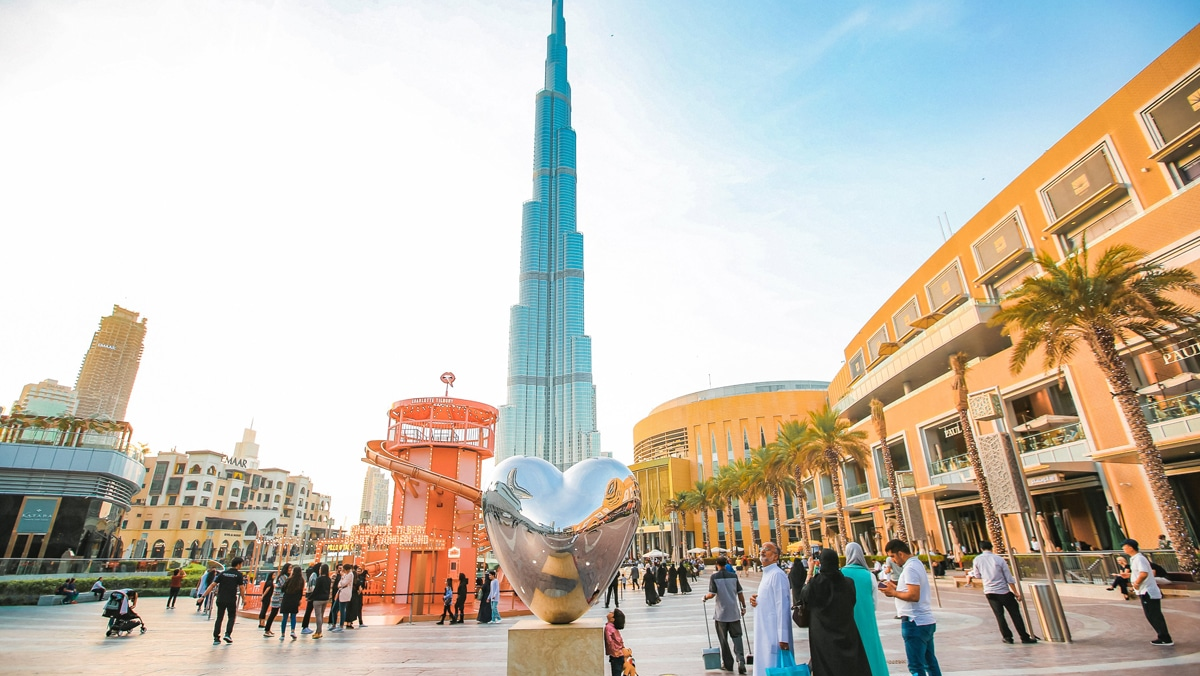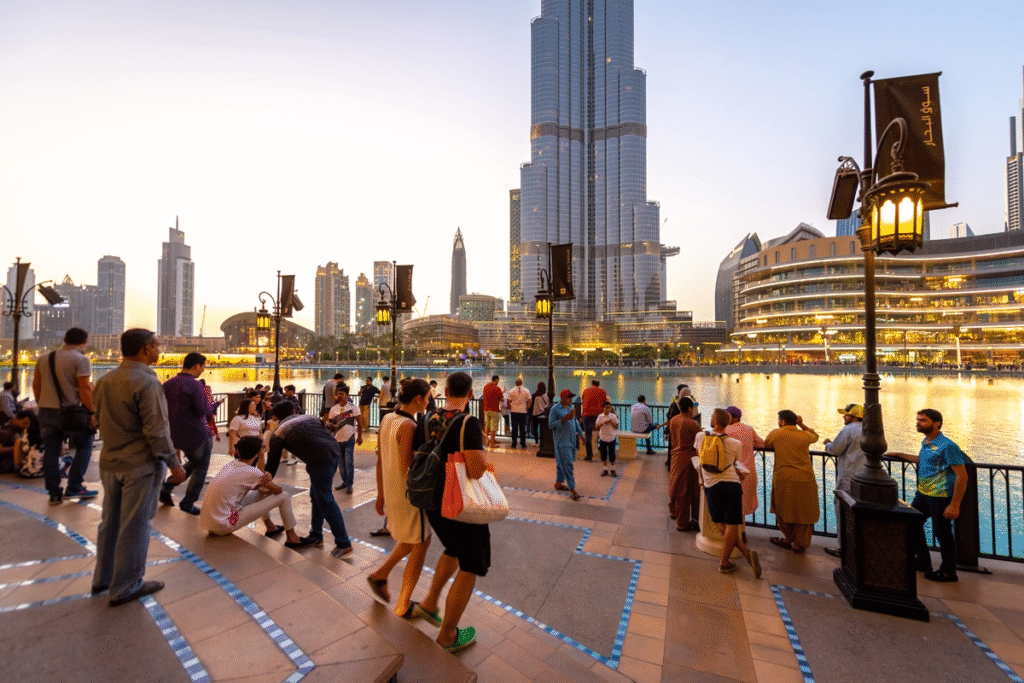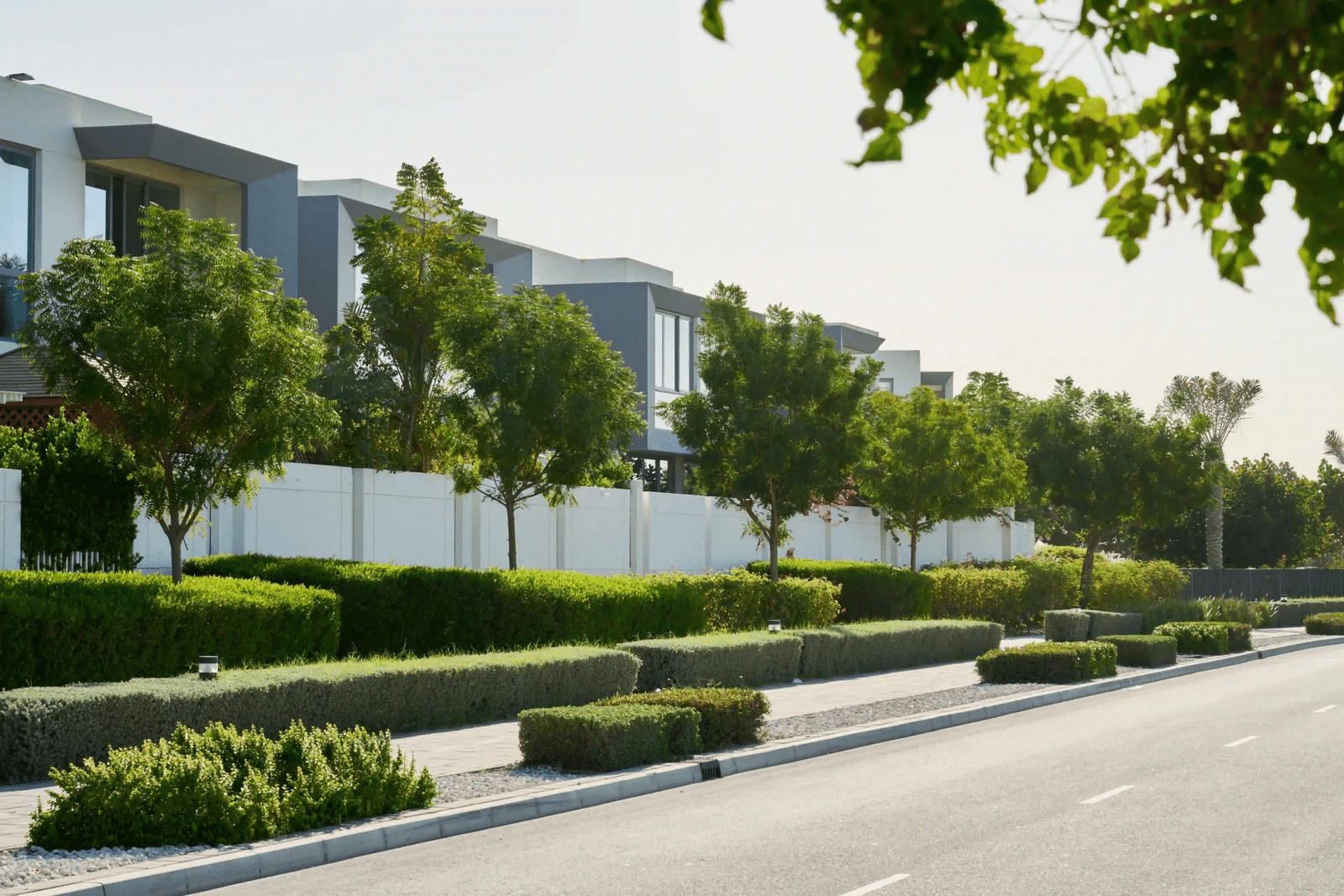Now Reading: Travel Discover How Dubai Is Revolutionizing With Smart Tourism 2025
-
01
Travel Discover How Dubai Is Revolutionizing With Smart Tourism 2025
Travel Discover How Dubai Is Revolutionizing With Smart Tourism 2025

Table of Contents
Dubai has always been known for its luxurious lifestyle, iconic skyscrapers, and futuristic vision. But now, it is making global headlines for something even more innovative smart tourism. With digital transformation at its core, Dubai is using smart technologies Travel to provide tourists with a seamless, connected, and highly personalized experience.
This article explores how Dubai’s smart tourism strategy is reshaping travel, attracting millions of tech-savvy tourists every year, and positioning itself as a global leader in smart city travel experiences.
What Is Smart Tourism?

Smart tourism is the use of digital technologies like AI, data analytics, mobile apps, IoT (Internet of Things), and augmented reality to enhance travel experiences for visitors. It not only improves convenience and safety but also helps cities manage tourism efficiently.
Dubai has taken smart tourism seriously by building a complete ecosystem powered by innovation and sustainability. From AI-powered airport systems to virtual city guides and paperless immigration, Dubai is offering tourists a future-ready travel experience.
Dubai’s Smart Tourism Vision
Launched by the Department of Economy and Tourism (DET), Dubai’s smart tourism initiative is aligned with the Dubai 2030 vision. The goal is clear: to make Dubai the most visited, most innovative, and most tourist-friendly city in the world.
Here’s what Dubai is doing to achieve this:
- Smart Dubai App Integration: Tourists can access everything from hotel bookings and transport to tourist attractions and emergency services through a single platform. The Dubai Now app and Visit Dubai platform are central to this effort.
- AI and Chatbot Assistance: Tourists can interact with AI chatbots for real-time travel advice, directions, and language translation. These bots are available on websites, apps, and even public kiosks.
- Smart Airport Services: Dubai International Airport, one of the world’s busiest, uses facial recognition, biometric gates, and paperless check-ins to reduce waiting times and improve passenger flow.
- Augmented and Virtual Reality: Attractions like the Museum of the Future and Dubai Frame use AR/VR to provide immersive learning experiences. Tourists can explore Dubai’s history or view upcoming construction projects in 3D.
- Sustainable Smart Tourism: Dubai is combining smart tech with sustainability. Electric buses, solar-powered stations, and smart energy use in hotels are examples of how Dubai is promoting eco-friendly tourism.
Benefits of Smart Tourism for Travelers
The smart tourism experience in Dubai goes far beyond convenience. Here are some real benefits tourists enjoy:
- Personalized Travel Plans: AI systems analyze tourist preferences to recommend attractions, dining, and shopping spots that match their interests.
- Cashless and Contactless Services: From taxis to cafes, everything in Dubai supports contactless payments, ensuring hygiene and ease for global travelers.
- Smart Transport Options: Tourists can use RTA (Roads and Transport Authority) apps to plan their journeys using metro, tram, bus, or even electric scooters with real-time updates.
- Real-time Safety and Health Alerts: During COVID-19, Dubai led the way in sending real-time health alerts and updates through government-backed apps, setting a global example.
- Virtual City Tours: Visitors can plan ahead using 360-degree virtual tours of attractions, helping them save time and money while making informed decisions.
Data-Driven Tourism Management
Behind the scenes, Dubai uses big data to manage tourism flow. By analyzing patterns from mobile data, bookings, and social media, the city can predict crowd levels, adjust service delivery, and ensure a balanced tourism load across popular and lesser-known areas.
This not only improves the visitor experience but also helps protect heritage sites and avoid over-tourism.
Public-Private Collaboration
Smart tourism in Dubai is a result of strong collaboration between government bodies and private companies. Telecom giants, hotel chains, transportation networks, and travel platforms all work in sync to support this ecosystem.
For example, partnerships with international travel tech firms allow Dubai’s tourism apps to offer multilingual support, AI translation, and even real-time currency conversion.
Additionally, Dubai hosts global events like GITEX Technology Week and the Arabian Travel Market, where it showcases its smart city initiatives to the world and builds global partnerships.
Challenges and Solutions

No innovation journey is free of challenges. Cybersecurity, digital literacy, and infrastructure scaling are some hurdles in smart tourism.
Dubai tackles these through robust cybersecurity protocols, public awareness campaigns, and continuous investment in tech infrastructure. Free public Wi-Fi, AI training programs, and a strong digital economy are helping bridge gaps across visitor demographics.
The Future of Tourism in Dubai
Dubai is not stopping here. The city is investing in future technologies like Web3, blockchain, and metaverse tourism. Dubai Metaverse Strategy, launched in 2022, aims to create over 40,000 virtual jobs and integrate metaverse experiences into tourism by 2030.
Imagine attending a virtual Dubai Expo or booking your hotel through a blockchain-based platform for zero fees—that’s the direction Dubai is heading toward.
As more cities look to reinvent tourism in a post-pandemic world, Dubai serves as a shining example of how technology can drive a smarter, safer, and more engaging travel experience.
Final Thoughts
Dubai’s smart tourism is not just a tech upgrade it’s a complete reimagining of what travel should look like in the 21st century. With its combination of innovation, infrastructure, and vision, Dubai is leading the way for smart city tourism on a global scale.
Whether you are a solo traveler, a business visitor, or a family on vacation, Dubai ensures that your journey is smoother, smarter, and unforgettable.
As technology continues to evolve, one thing is certain Dubai will stay ahead, continuing to set the gold standard for smart tourism worldwide.
Read More:- Shobha Realty Launches Its Most Luxurious Project Yet—Full Details Inside 2025






















